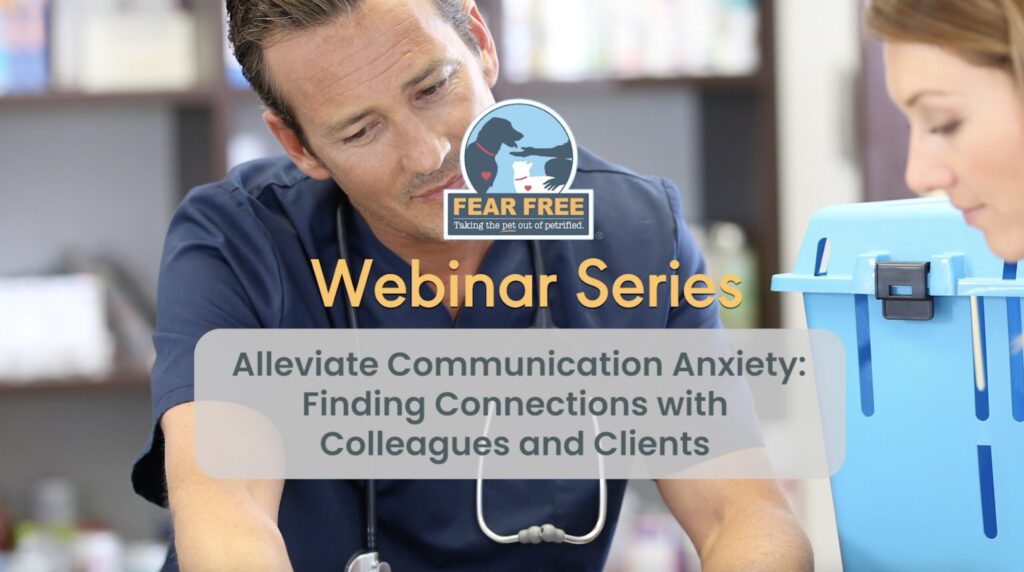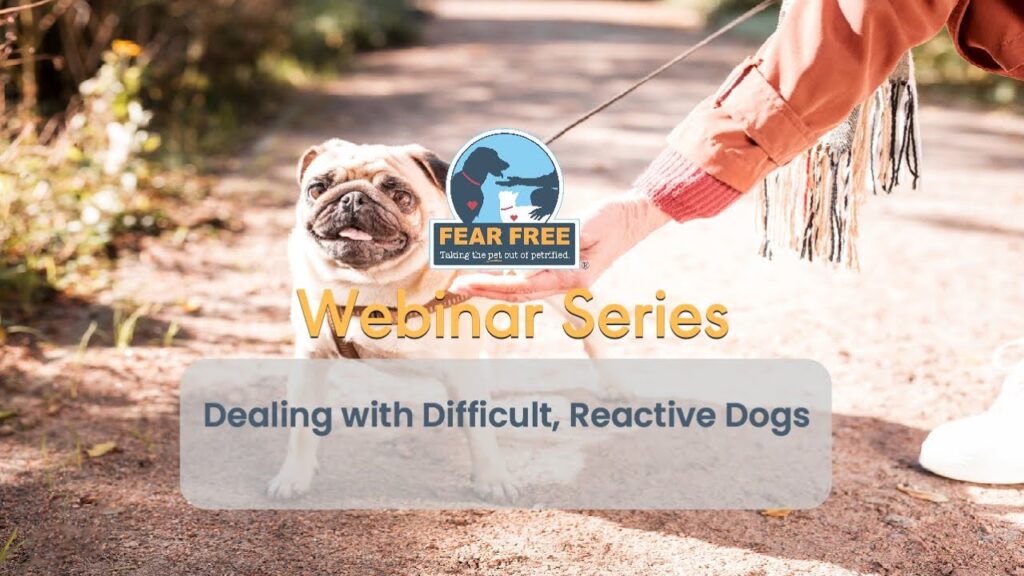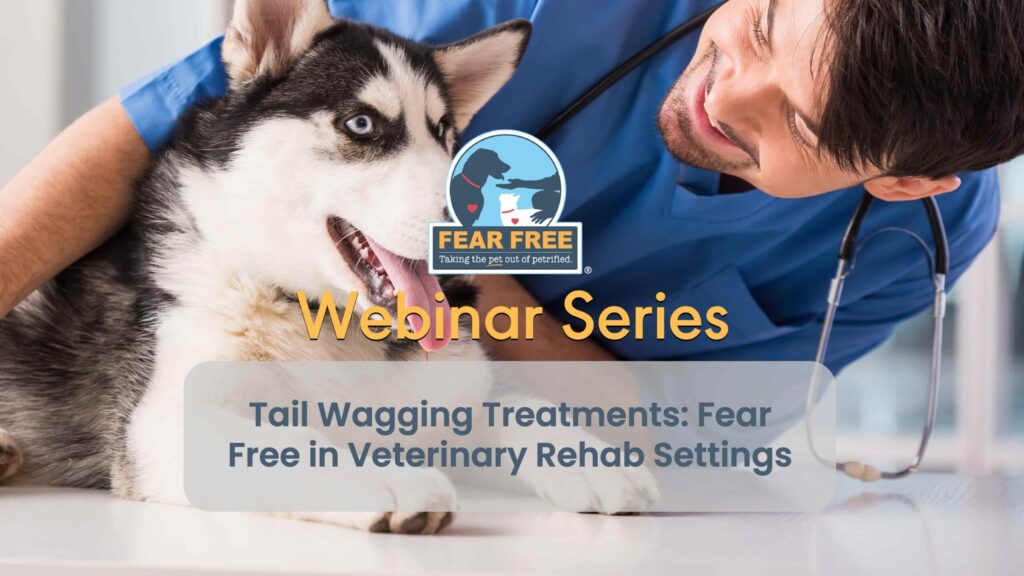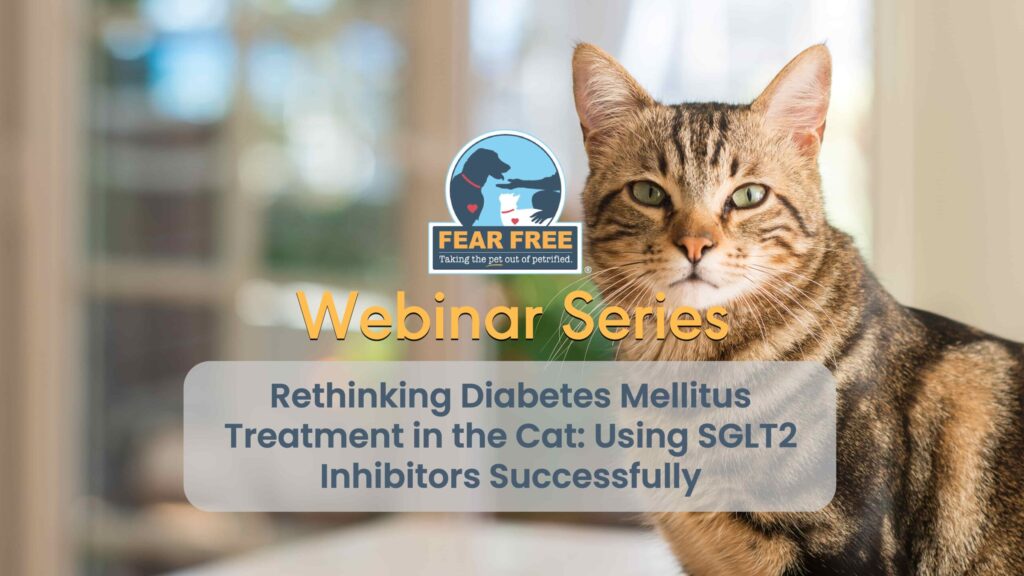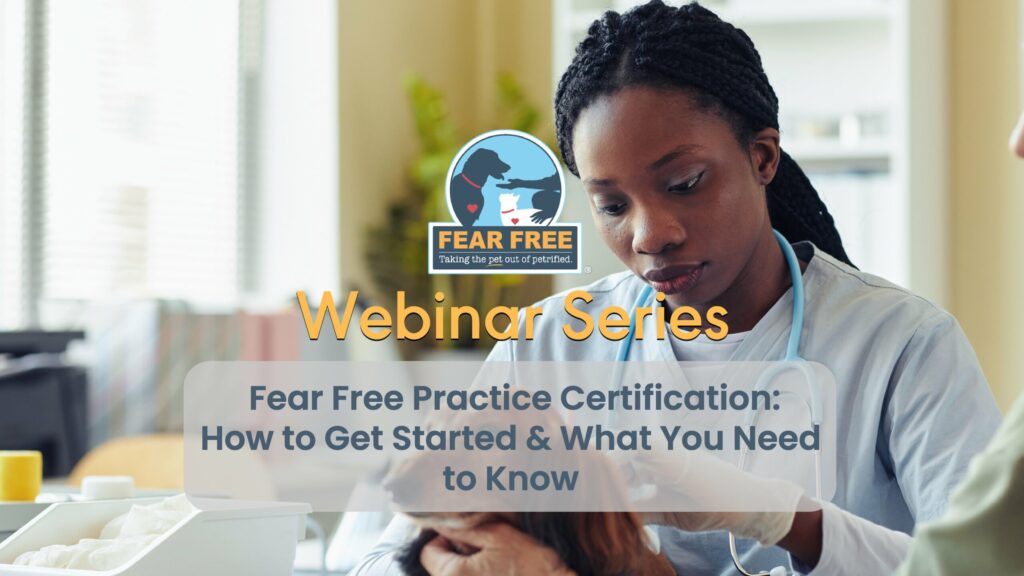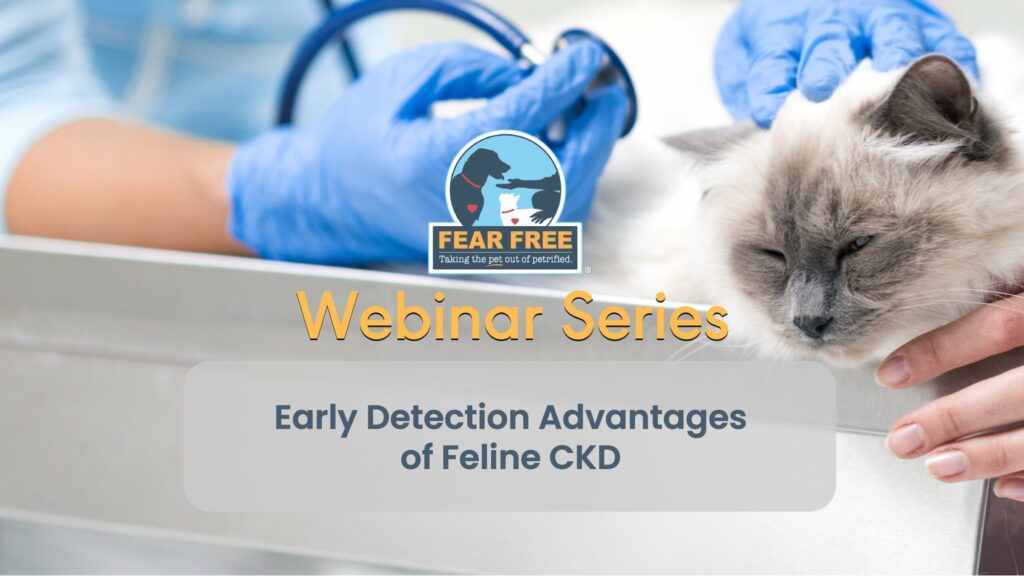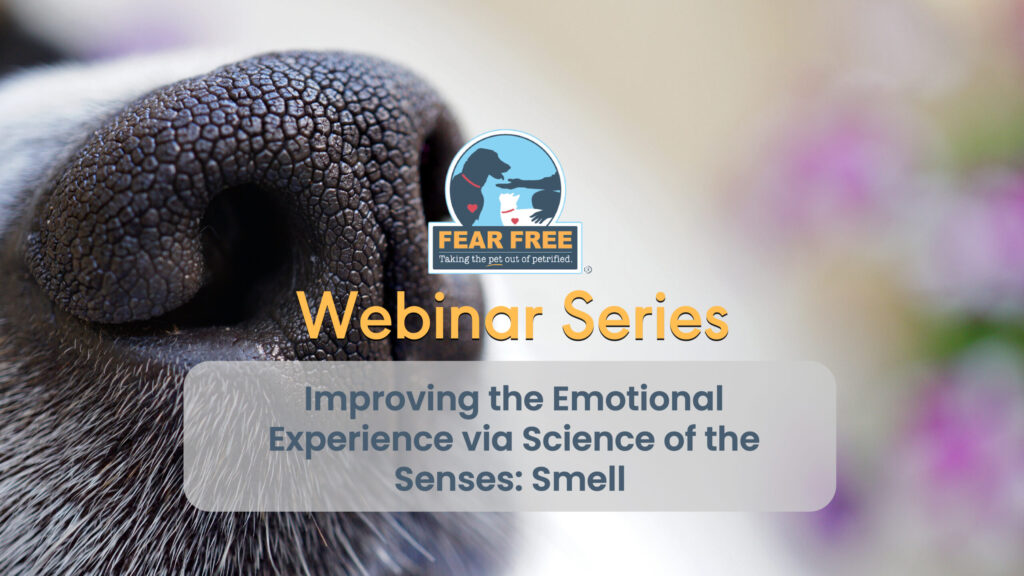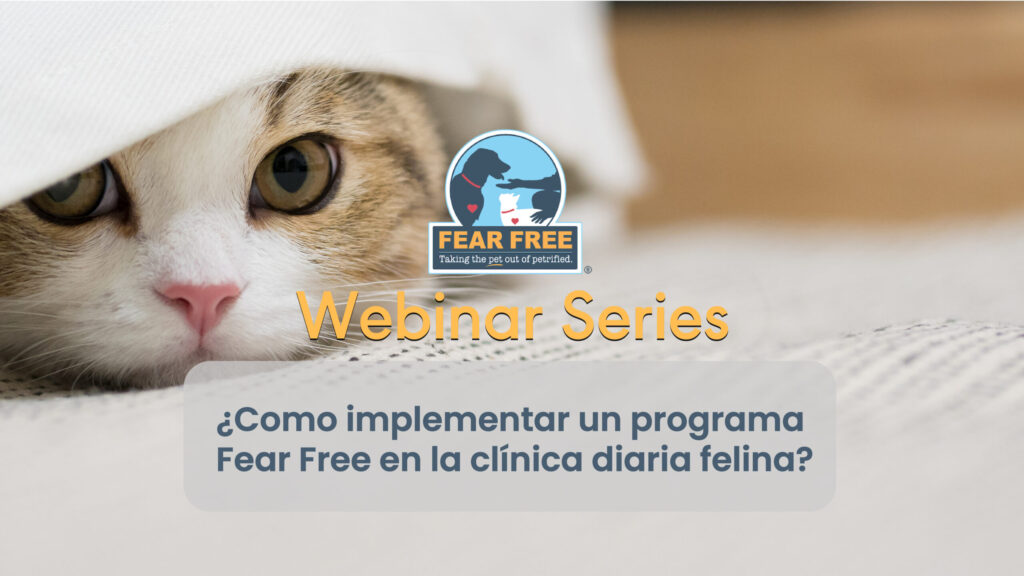
Gut Reactions: Impact of The Gut Microbiome on Canine and Feline Health
The gut microbiome, which comprises the collection of bacteria living in the gastrointestinal tract, plays a critical role in a pet’s basic physiologic functions. Research findings have demonstrated strong correlations between the pattern of gut microbiome species and the health of distant organ systems in pets, including the brain, heart, and kidneys. Similarly, factors such as stress, diet, and medications have been shown to influence the microbiome. This webinar will emphasize the gut-brain axis, exploring the reciprocal interactions between the gut microbiome and neurophysiology in both dogs and cats. In this webinar, we will: Describe the physiologic mechanisms underlying the microbiome’s influence on host physiology and vice versa Understand how environmental factors (e.g., medications, diet, psychological stressors) can impact on the microbiome Learn potential therapies to improve the microbiome and overall health in cats and dogs.
Brought to you by our friends at Purina.
